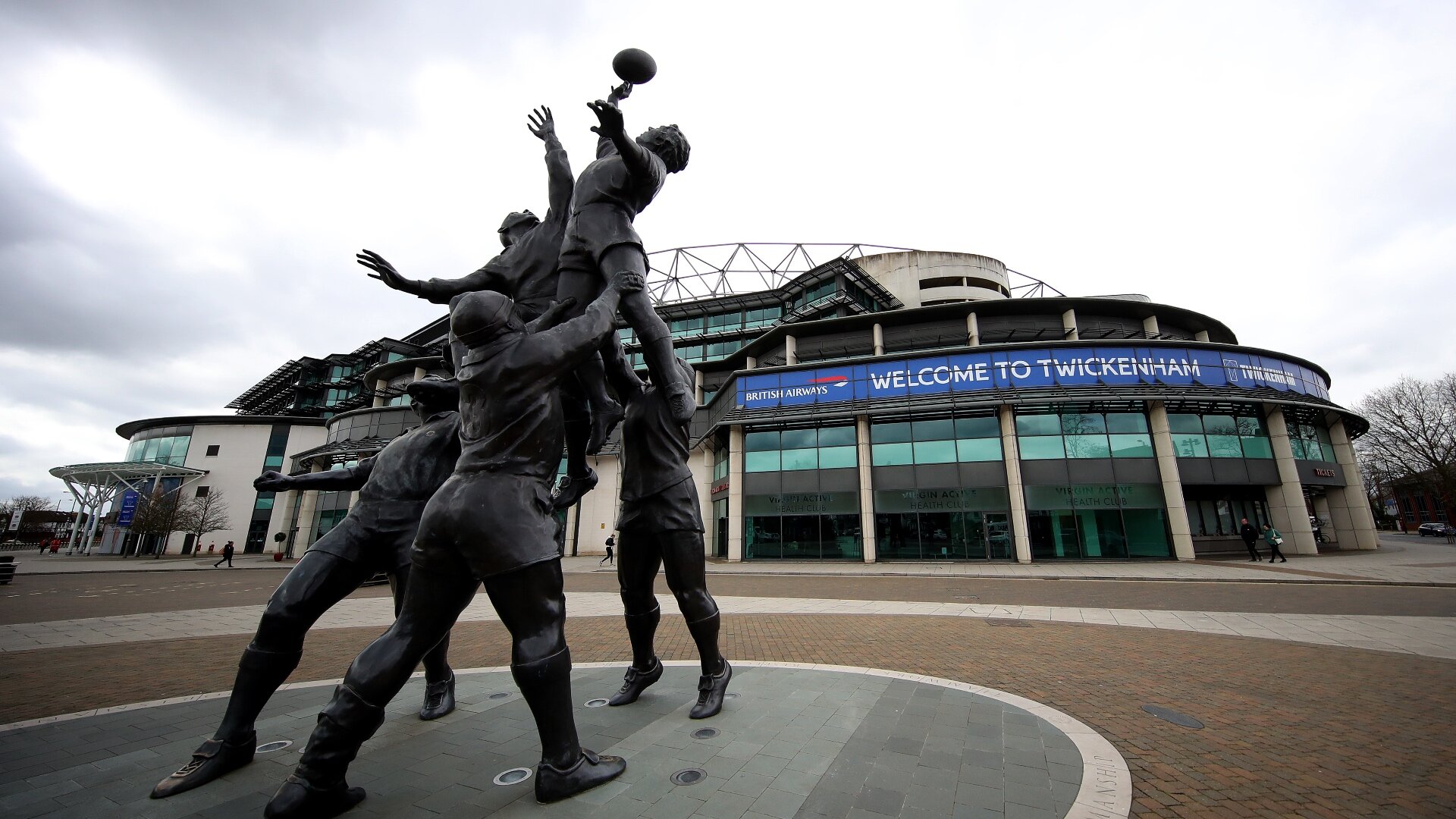RFU boss reveals the breathtaking cuts made behind closed doors

Bill Sweeney has laid bare the drastic staff measures the RFU have implemented during the coronavirus lockdown in England. The RFU may be the biggest union in the rugby world, but it hasn’t been immune to the financial crisis caused by the spread of the virus.
It was revealed last week how the governing body in England was braced for lost revenue of up to £50million over the next 18 months due to the outbreak as the closure of Twickenham during the pandemic will have a significant impact on revenues.
(Continue reading below…)
Eddie Jones agrees England contract extension
CEO Sweeney, head coach Eddie Jones and other executives have already committed to pay cuts of more than 25 per cent, but the damage for the rank and file working at the RFU has been far more considerable with more than 60 per cent of staff put on furlough – a period of unpaid leave.
It was March 20 when the British Government introduced an emergency system whereby 80 per cent of an employee’s usual monthly wage costs, up to a ceiling of £2,500 a month, could be claimed with registration through the HMRC (Her Majesty’s Revenue and Customs).
This resulted in the RFU taking immediate action to temporarily let go the majority of its staff, a development only revealed by Sweeney when taking questions via a media video conference about the unveiling of Jones’ contract extension through to the 2023 World Cup in France.
“We implemented that very, very early on,” he said. “If you look at our total employee base, we have got 540-odd employees, 340 of those are now currently on furlough, that is 62 per cent of the organisation.
“At this stage in the crisis there are certain people who are business-critical who are still working on this and we will re-evaluate that in a week or two weeks’ time and that furlough number may go up slightly. We are heavily involved in that furlough programme.”
Protecting the bottom line has become the name of the RFU’s game in recent weeks and while Sweeney confirmed talks are ongoing about reducing the match fees paid to England players, he was uncertain if the pay cuts taken by the CEO and his fellow high fliers would be permanent.
“It’s too early to say that at this stage,” he said about the 25 per cent salary reductions announced last week for the RFU top brass possibly becoming permanent rather than only being a short-term measure.
“The reaction was the first phase of this crisis: how we manage through the initial stages, how do we put programmes in place to make sure we are in the best shape we can be and be in a position to take those pay cuts and bonuses for the exec team and for Eddie.
“We are taking it step by step. All businesses around the country are going to be watching how this is evolving. You don’t know where the finishing line is currently, so we will continue to monitor it and take the necessary steps we need to take.
“That conversation (about match fees) started off a while ago before the crisis struck. The EPS (elite players squad), the players match fees contract is up in the middle of this year.
“Those conversations have started off. Things changed with the situation we are facing now. There are no decisions made yet. It is an ongoing dialogue and we will carry on with those.”
Paring back outgoings wherever possible has become essential to the future health of the sport in England. “I don’t think anyone could have predicted something of this magnitude [the coronavirus stoppage] but it does highlight where you have fault lines and it does highlight where you do have some weaknesses and some of those are being exposed now.
“A lot of the conversations now are how we come out of this and emerge stronger. You don’t want to come back in and carry on with the same model that just repeats the same difficulties of the past, so there is a lot of conversations about how we come out of this with rugby in a better place domestically and also internationally.
“Cost controls are important, creating a better product for the consumer in how the calendar works, certainly you can maximise the commercial revenue side of the game, there is a whole list of things we need to be looking at and working more closely together so we can all realise the benefit.”
WATCH: Freddie Burns talks RugbyPass through his fitness regime during coronavirus lockdown

































